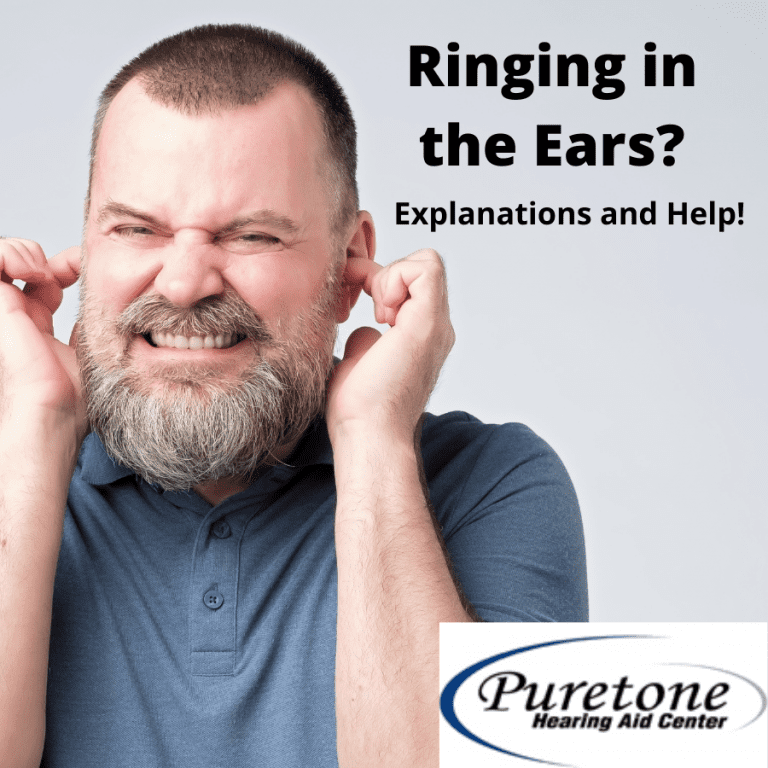Tinnitus can be defined as hearing noises that aren’t actually there. It’s most commonly experienced as a buzzing sound, although it can also sound like a hissing, humming, or roaring. It can also happen when the ear drum is damaged and a build up of fluids and pressure causes the eardrum to vibrate. The pressure can cause a cracking noise to be heard, and this may be accompanied by a sense of fullness, hearing loss, or dizziness.
Some people who suffer from tinnitus do so for years without seeking treatment. Others can’t tolerate the noise at all and will try to find ways to suppress it. However, tinnitus should always be addressed, because it can be an indicator of other conditions, such as:
1. Earwax blockage
2. Hearing loss
3. Meniere’s disease
4. Perforated eardrums
5. Temporomandibular joint disorder
6. TMJ
7. Aural fistula
8. Vestibular neuritis
9. Sinusitis
10. Otosclerosis
11. Hypertension
12. Diabetes
13. Cardiovascular disease
14. Brain aneurysm
15. Menopause
16. Chronic tension-type headache
17. Stress
18. Smoking
19. Anxiety
20. Thyroid problems
21. Sleep deprivation
22. Alcohol
23. Heavy metal toxicity
24. Vitamin deficiency
25. Poor diet
If you are suffering from this condition, don’t worry, it is treatable. Give us a call to set up an appointment for a hearing evaluation, and we can discuss the various methods used to treat tinnitus. Let us help you with this condition, and get you back on the road to better hearing health.



